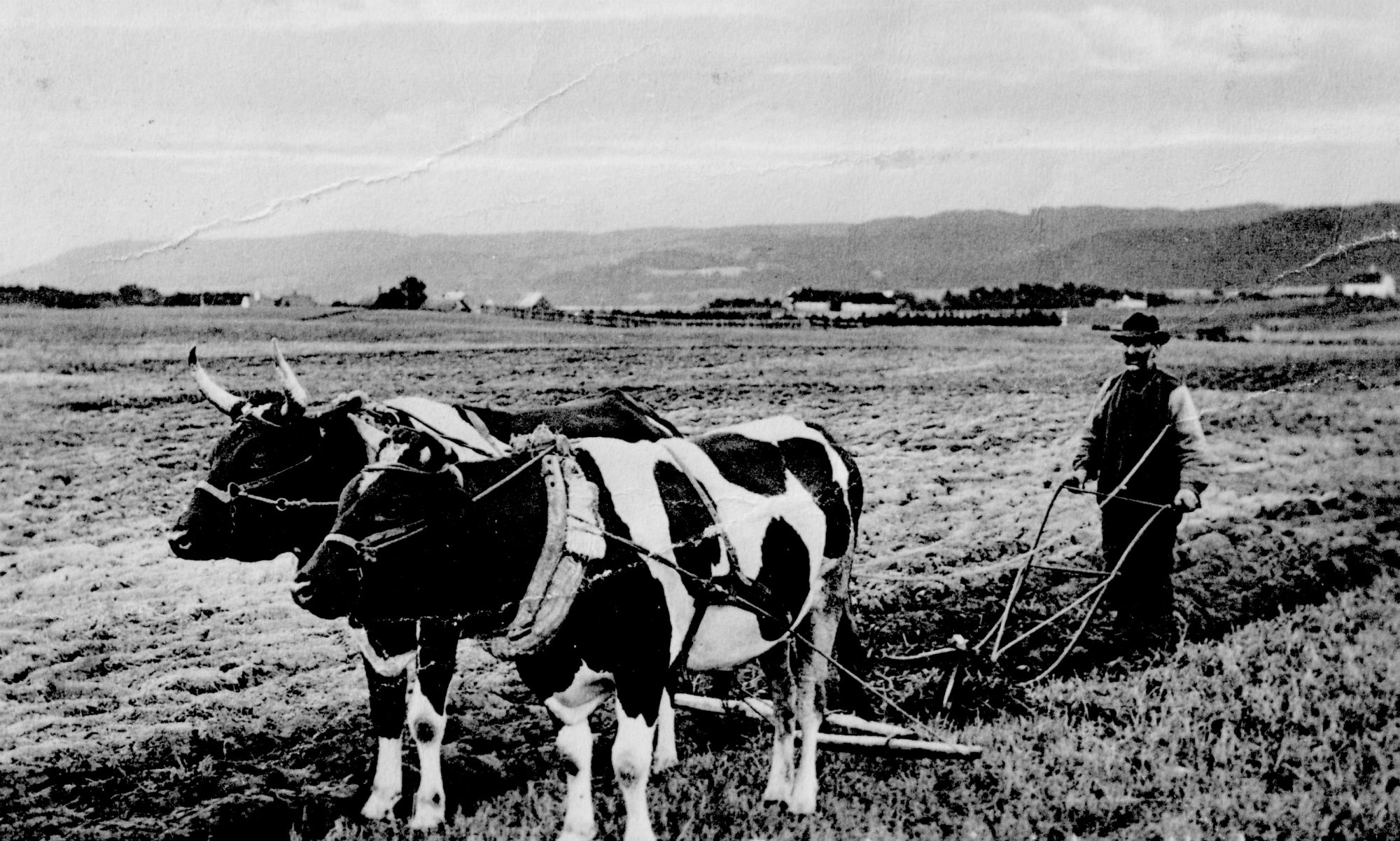7 The Defence
Anyone who has been charged with an offence has the right to obtain the assistance of a lawyer for his defence. In a large number of cases, notably when being brought before a court on purpose of being remanded in custody or when the punishment for the crime is likely to rise to imprisonment, counsel must be appointed (§ 731).
Danish lawyers form a single profession. They must be university graduates in law, and must have completed three years of articled clerkship before they receive their licence. Appearance before the High Courts is dependent on the successful conduct of two test cases. Five years later rights of audience in the Supreme Court are granted (§§ 131- 147f).
Normally, the appointed lawyer is drawn from the pool of legal aid lawyers who operate on a cab-rank principle. But when the accused requests it, any other lawyer willing to accept the brief can be appointed (§ 731).
The defence counsel has a right to be present at all court hearings during the investigation of the case (§ 743, stk. 2), unless this would endanger the investigation (a rare occurrence) and he may reexamine witnesses and state his opinions for the record.
Counsel also has the right to be present during police interrogations of the suspect (§ 745). But the suspect cannot seek his advice on the answer to an individual question. The lawyer may, however, draw the attention of the accused to his right to remain silent, and he may follow up on the questions put by the police. The answers to such questions must be recorded in the same way as answers to questions posed by the police. Counsel has no right of access to interviews with witnesses.
The defence lawyer automatically receives a copy of the record of any preliminary court sessions, and he has a right to receive a copy of the police records of the investigation, but he is not allowed to hand it to the accused (§ 745). As a consequence of this, all the evidence gathered by the prosecution will be disclosed to the defence at an early stage.
Defence counsel may ask for further investigations into any particular subject, and may take the matter before the court, if the police refuse to comply with the request (§ 746). It is very rare for counsel to conduct any investigations of their own and in a ruling from 1982, the Supreme Court seriously curtailed the counsels right to do so *11.
At other times, counsel has unlimited access to his client, and they must not be tapped or supervised.
Traditionally, it is considered contrary to ethics to defend the innocence of an accused, if he has confessed his guilt privately. It is common for Danish lawyers to believe that this is not so in English law.
As it may have been noted, one of the unusual features of the Danish criminal procedure is that the counsel for the defence in some cases has greater rights than his client, e.g. counsel would normally be informed of a telephone tapping. An accused who realises this must find it difficult to confide in counsel.
